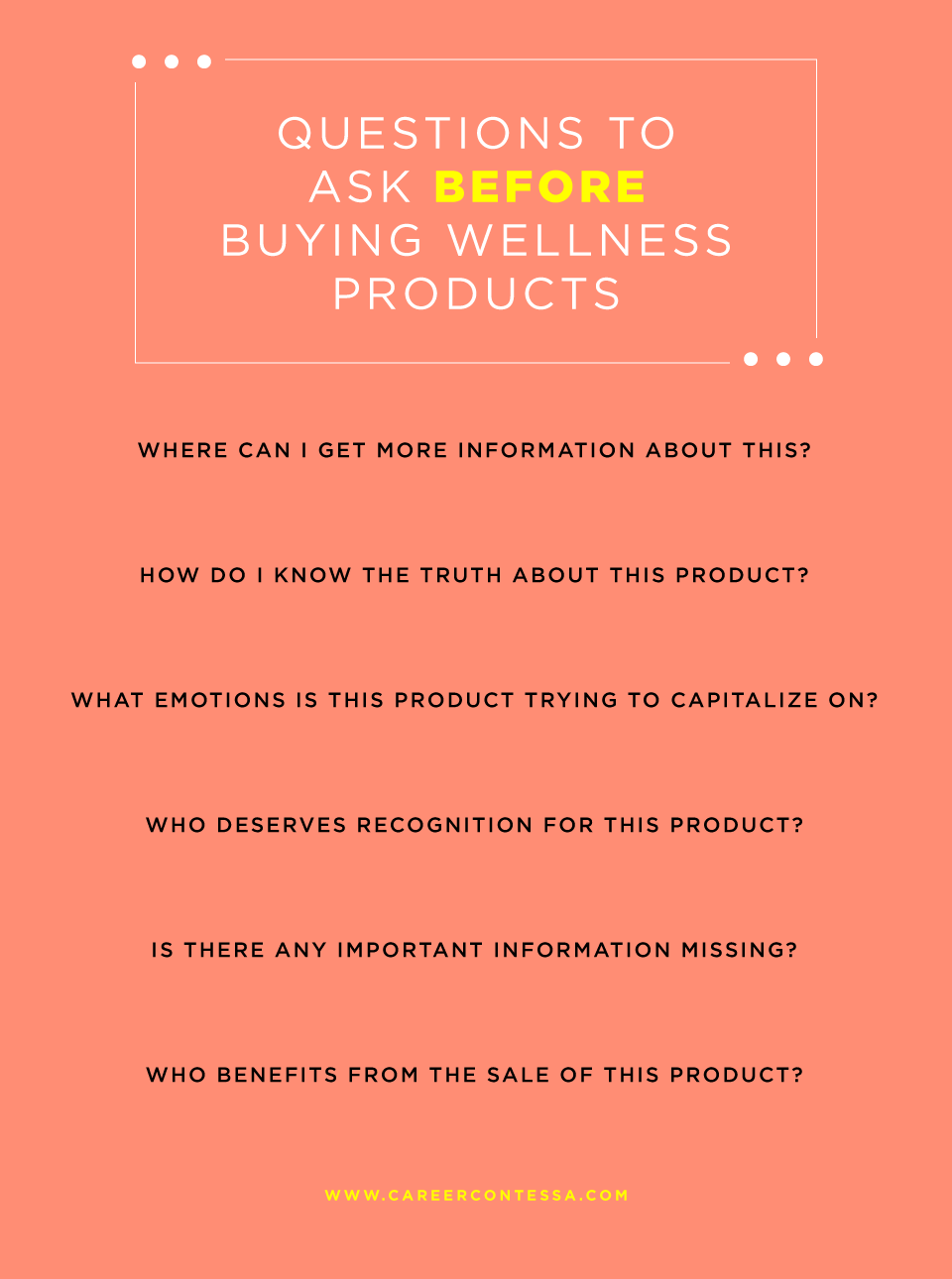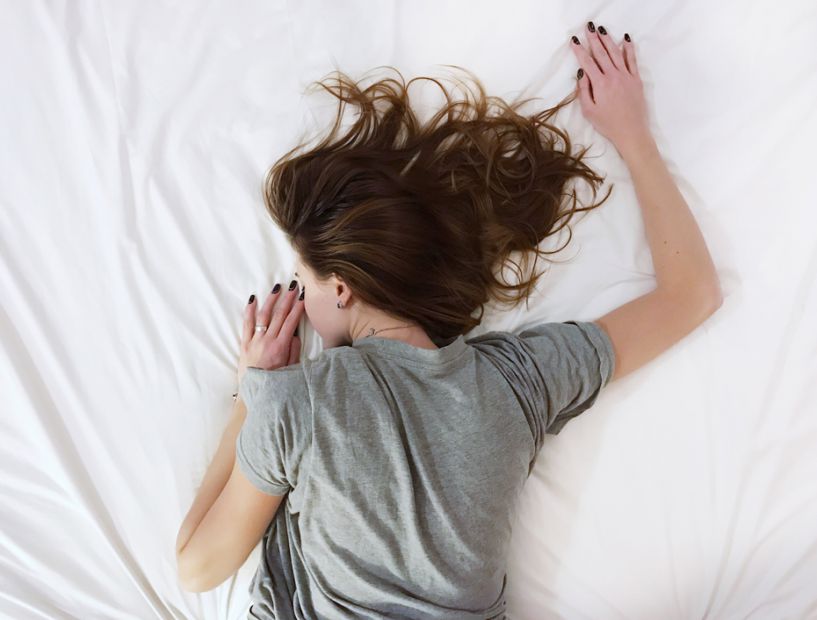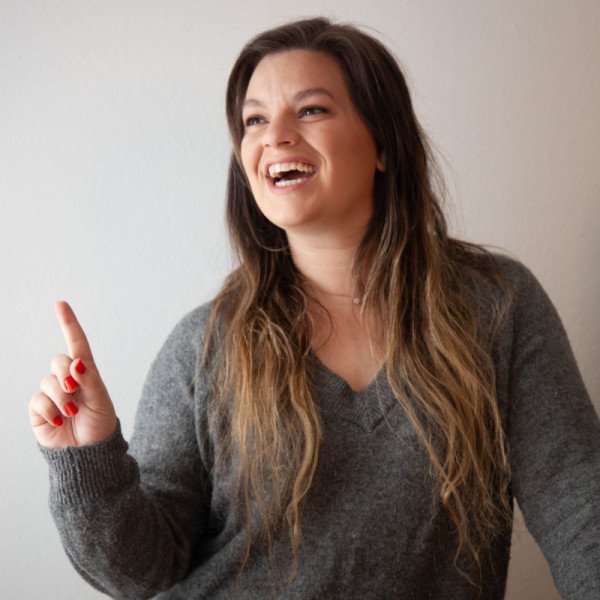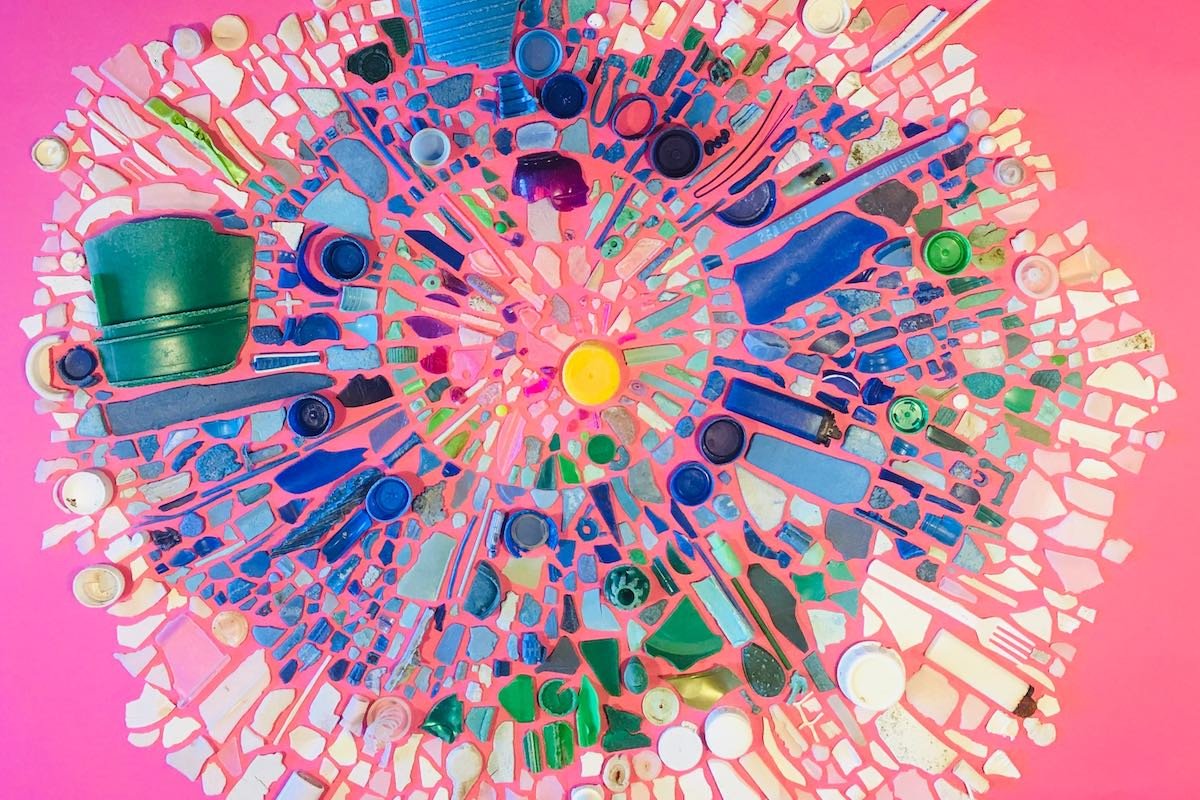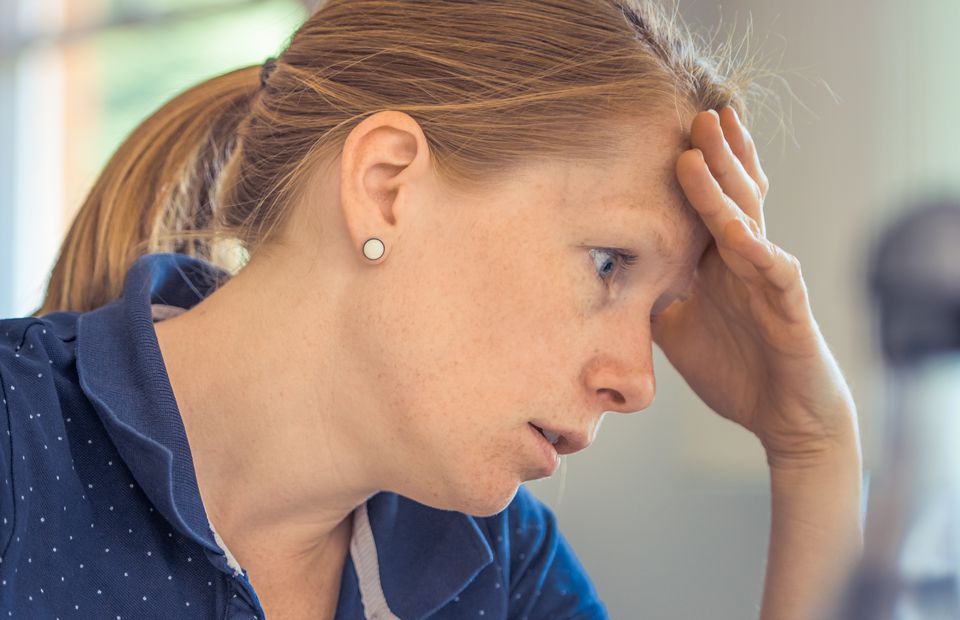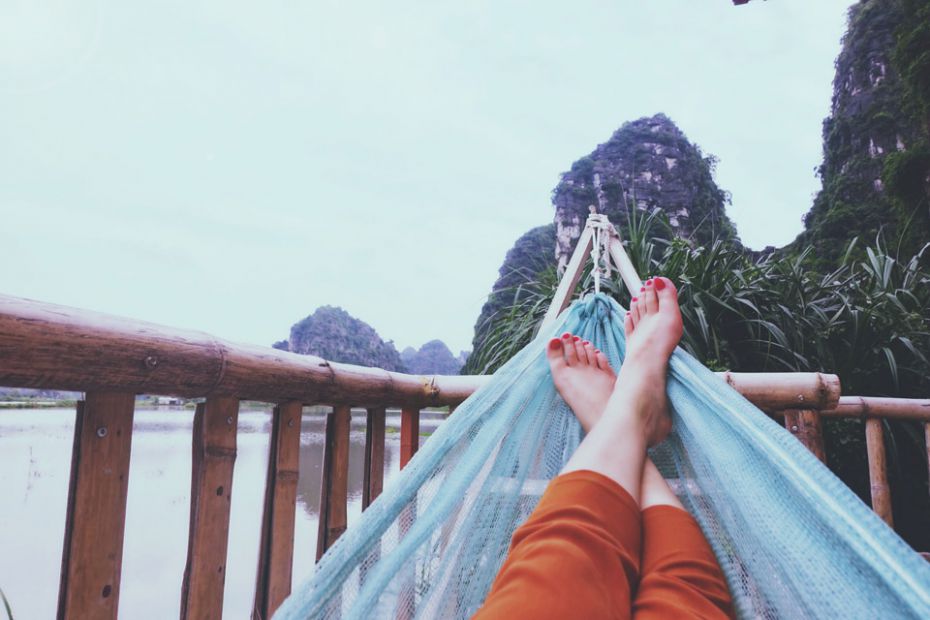Hear me out. We all want to feel "well."
Knowing that your mind and body are running on all cylinders can have you moving through the world feeling capable and empowered. I'm into it.
What I'm not into is the industry that has risen out of the search for this feeling. Notorious for not practicing what they preach, the wellness industry has managed to prey on the vulnerable and spread misinformation in the process. Today, I'm sharing how the business of wellness rose to prominence and the effects the wellness industry has around the world.
A quick disclaimer: I am not a doctor and will not be sharing medical advice. Instead, I want to shine a light on the shadowy side of the wellness industry—perhaps give you some tips to think critically about the headline-grabbing fads within wellness so you won't be duped.
The rise of 'wellness'
The
global wellness economy hit $4.2 trillion in 2017 (a 13% increase from 2015) and has no signs of stopping. Nestled in this juggernaut economy are industries like beauty, fitness, healthy eating, wellness tourism, and more. This trillion-dollar industry didn't arise overnight and in fact, it came from a good place.
A few years ago, I was experiencing back pain and went to the doctor. After explaining my symptoms, my doctor downplayed my pain by connecting it to my menstruation (facepalm.) I left feeling embarrassed—thinking that I didn't explain myself clearly or assuming my pain tolerance was lower than I thought. On top of this embarrassment, I felt lost—and I still had zero answers.
My anecdotal experience is not isolated. Women and people of color are more likely to have their symptoms downplayed and sometimes even ignored by doctors. Additionally, women in pain are more likely to be prescribed
sedatives rather than painkillers. No, you haven't time-traveled to the 1950s, this still happens today.
While this isn't representative of the entire medical community—there are plenty of wonderfully compassionate and thorough doctors out there—it is representative of a lack of access to these wonderful doctors. This failing of traditional healthcare has in part, led to the rise in the modern wellness industry.
All of this is to say, I'm not here to blame people for turning to the wellness industry in hopes of feeling better. I've been the person in pain and desperate to try anything that will help. But beware—it isn't through altruism that the wellness industry now makes up
5.3% of the global economic output. There are plenty of "quick-fix" snake oils out there that will not only
not make you feel better but will relieve you of your time and hard-earned money. Below are three problems with the wellness industry and some tips to avoid them.
The effects of the wellness industry
Giving credence to pseudoscience
Marketing is a powerful tool. It is incredible how much perceived credence the labels "natural" and "ancient" can give to a bottle of 'Michael's Secret Stuff.' In reality, though, labels like this are often a great way for companies to distract the consumer from a lack of third-party testing. Testing that is essential for determining the actual effectiveness of a product.
Let's take the CBD craze happening right now. We love that this industry is talking about pain management and self-care, and that there's such a variety of products flooding the market. However, who regulates how much CBD is actually in these products? Answer=nobody.
CBD is tied to the marijuana plant, a Schedule 1 substance (determined by the DEA) and something the FDA still considers an ingredient that is 'not permissible'. Because of this, there is zero
regulation on CBD. On top of the lack of oversight, there is very little research out there to support how helpful CBD is, partly due to how recently CBD came on the scene.
Companies can (and have) taken advantage of this—selling bottles with a '20mg of CBD per serving' on the label but really only having 5mg or worse, no CBD in them at all. And this is just one example of how 'wellness products' have promoted health benefits with zero evidence and regulation to back up their claims.
A good way to avoid falling prey to these practices is to do your research. Do you want to try CBD? Go for it! Just make sure you are looking at companies that practice transparency. Check the list of ingredients. Are they listed clearly and coming from reputable sources? Does the company have a third party verifying these sources? And as always if you don't know what something is, google it. You'll be surprised at how many products say they have something like vitamin B-13, which sounds great; until you google it and realize B-13 isn't a real vitamin.
Perpetuating an "ideal" body
This industry is committed to working toward overall "wellness." But who determines what that looks like? “The wellness industry all ends up tying to thin obsession...repurposing the idea that able-bodied, thin, heterosexual, cisgender...anybody who possesses those qualities is what is defined as healthy.” says Gloria Lucas, who runs
Nalgona Positivity Pride.
Too often, companies lean on an image of thin, white, pimple-free, able-bodied, and middle-class being the pinnacle of wellness. Businesses can run campaigns depicting the above image next to their product with a tag line like "Be you, only better" completely unchecked. Not only do ads like this teardown anyone who is 'other' but it also builds up the dangerous precedent of only being able to feel your best once you've bought a specific product. Want a community of sisters? Great! Buy this $500 retreat. Want better skin? No problem! Just buy this $200 cream and pay for a $200 facial every month.
No matter which way you look at it, these practices are exclusionary. They take the word health and make it something to be monetized. With self-care and self-love practices starting to come to the forefront, hopefully, these advertising practices fall by the wayside. But a good way to avoid this manipulation is to ask a couple of questions.
- Who benefits from the sale of this product?
- Where can I get more information about this?
- How do we know the truth about this product?
- What emotions is this product trying to capitalize on?
Misusing and monetizing cultural practices
A question that should be included in the above list is: who deserves recognition for this product? My reasoning is that so many wellness products are marketed as
"an ancient secret." Ancient doesn't necessarily mean tested. More often than not, this slogan means that a non-white culture has roots in a product's ingredients.
If you dive into the companies who tout these ancient cure-alls a little deeper though, you'll notice a total lack of individuals from that culture involved in any stage of the production process. So we're seeing traditions from exoticized cultures being taken out of context and marketed to the masses without a single cent being put back into those communities.
Again, if you're interested in trying something with the label 'ancient', go for it! Just do a little digging. Don't let a large company cash in on a marginalized community's practice. See if instead, you can support that community with your purchase.
The wellness industry isn't inherently evil. And the bigger the industry, the more innovation we will see so the more people it can help. I want that. I want more options to pursue a better me. But what I want more is a transparent industry and a well-researched consumer base so we stop seeing companies prey on the vulnerable.
